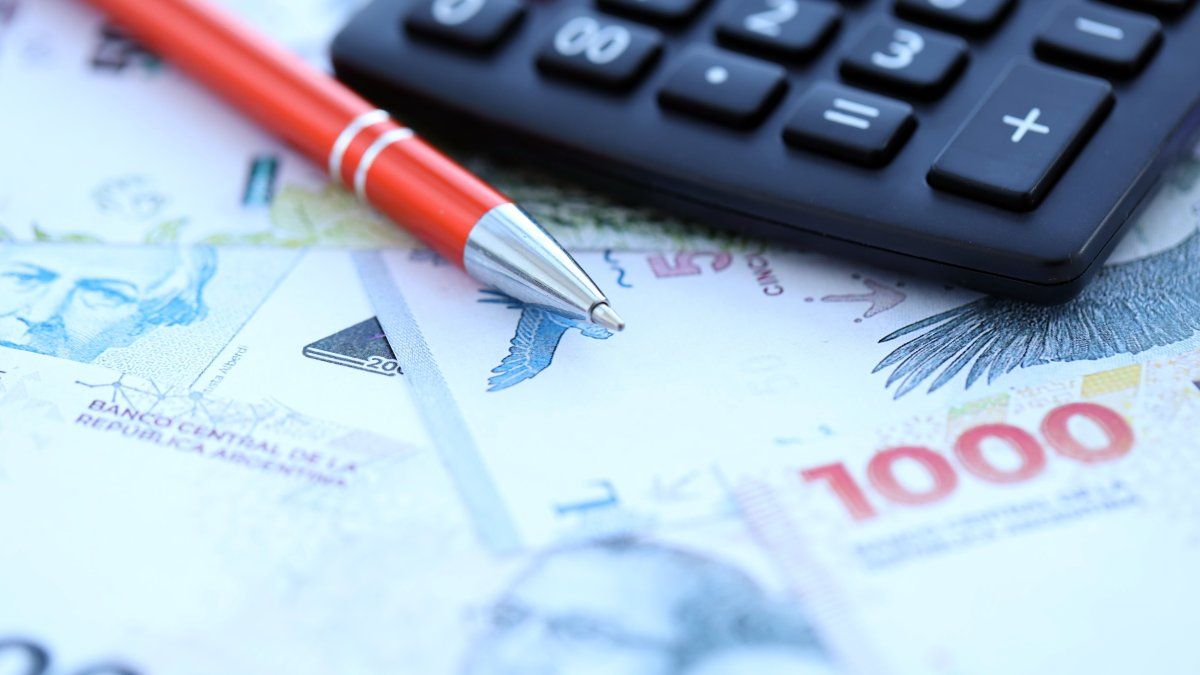David William is a talented author who has made a name for himself in the world of writing. He is a professional author who writes on a wide range of topics, from general interest to opinion news. David is currently working as a writer at 24 hours worlds where he brings his unique perspective and in-depth research to his articles, making them both informative and engaging.
Menu
Energy crisis: Municipalities dissatisfied with federal-state decisions
Categories
Most Read
Ukraine war: Ukrainian drones fly towards Moscow
October 27, 2025
No Comments
Japan wants to flatter Trump with golden golf balls and US trucks
October 27, 2025
No Comments
Portrait: Left-wing favorite for New York City Hall: This is Zohran Mamdani
October 27, 2025
No Comments
The awakening of the US Democrats. The situation in the morning
October 27, 2025
No Comments
Latest Posts

Chamber President Waldenberger: “There is a clear threat of a weakening of the agricultural sector”
October 27, 2025
No Comments
Impacts on Austria’s small-scale agriculture are looming. LKOÖ President Franz Waldenberger (l.), Chamber Director Karl Dietachmair The Upper Austrian Chamber of Agriculture (LK) warns of

The video of Lourdes Fernández after the arrest of her ex-partner: “I know things happened”
October 27, 2025
No Comments
October 27, 2025 – 08:28 The singer published a series of videos where she spoke for the first time after the arrest of Leandro García

The Government approved the Digest of National Valuation Standards
October 27, 2025
No Comments
October 27, 2025 – 08:23 The measure consolidates the current regulatory framework and annuls internal procedures approved between 2020 and 2021. The new digest seeks
24 Hours Worlds is a comprehensive source of instant world current affairs, offering up-to-the-minute coverage of breaking news and events from around the globe. With a team of experienced journalists and experts on hand 24/7.

